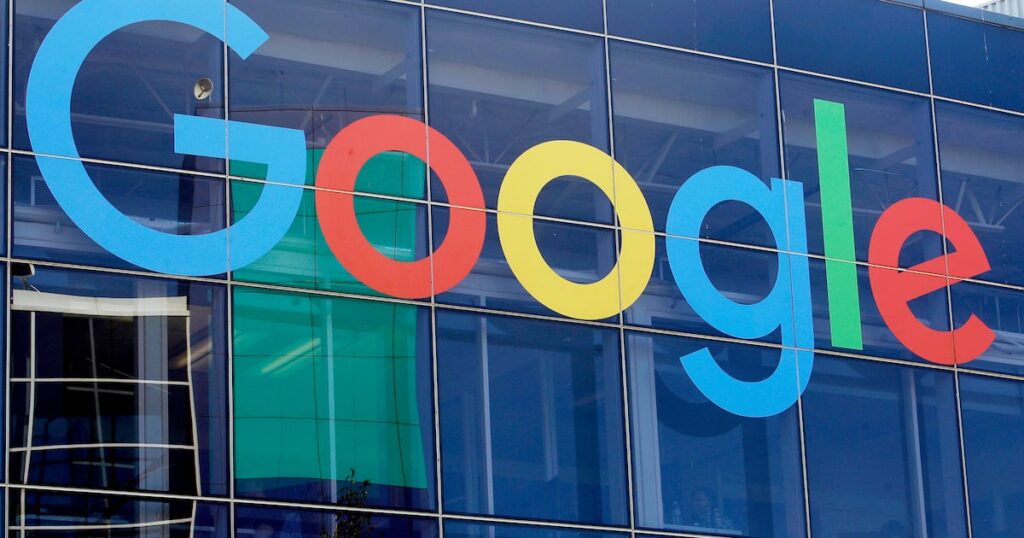AUSTIN — Google agreed in principle to a nearly $1.4 billion settlement with Texas, Attorney General Ken Paxton said Friday.
Paxton said the historic sum is the most money any attorney general has recovered from the Big Tech company for enforcing state privacy laws. It follows the state’s $1.4 billion settlement with Meta last July and previous settlements with Google for $700 million and $8 million, respectively.
In a statement, Paxton said major technology companies are not above the law.
“For years, Google secretly tracked people’s movements, private searches, and even their voiceprints and facial geometry through their products and services,” Paxton said. “I fought back and won.”
The $1.375 billion settlement covers two cases and three claims involving Google’s Incognito mode, location history and allegations related to biometrics, a Google spokesperson said. The settlement doesn’t require any new changes to Google’s products, and the company did not admit any wrongdoing or liability.
“This settles a raft of old claims, many of which have already been resolved elsewhere, concerning product policies we have long since changed,” said José Castañeda, a Google spokesperson. “We are pleased to put them behind us, and we will continue to build robust privacy controls into our services.”
Paxton sued Google multiple times in 2022. One lawsuit accused the company of violating the state’s law against deceptive trade practices with advertisements in Dallas-Fort Worth and Houston promoting a Google smartphone that hadn’t been released when radio personalities recorded purported firsthand endorsements.
Another said Google “systematically” lied about how users’ locations are used, tracked and how Texans could stop the company from monetizing their movements. Google continued tracking users’ movements when they reasonably believed they had disabled tracking, the complaint alleged.
And a third accused the company of illegally collecting biometric data — such as fingerprints, voice prints, face geometry and other unique characteristics of a person. Texas prohibits such collection without informed, advanced consent, the complaint said.
An appeals court in January dismissed the state’s claims against Google. Paxton appealed that case to the Texas Supreme Court in February. Both parties engaged in settlement negotiations in March and filed an abatement motion in April to settle the case out of court.
The Texas Supreme Court granted that motion Friday morning.
Paxton called the settlement a victory for Texans’ privacy and a signal to technology companies that they will pay a price for abusing consumers’ trust.
“I will always protect Texans by stopping Big Tech’s attempts to make a profit by selling away our rights and freedoms,” he said.


